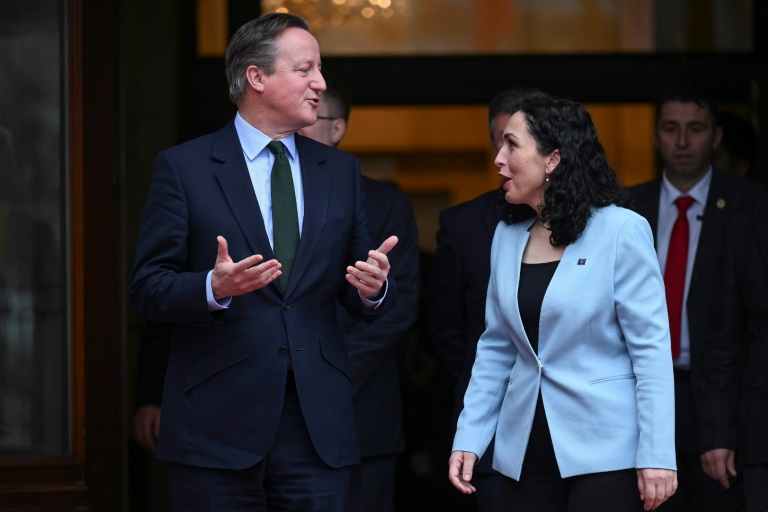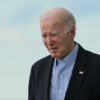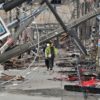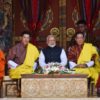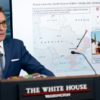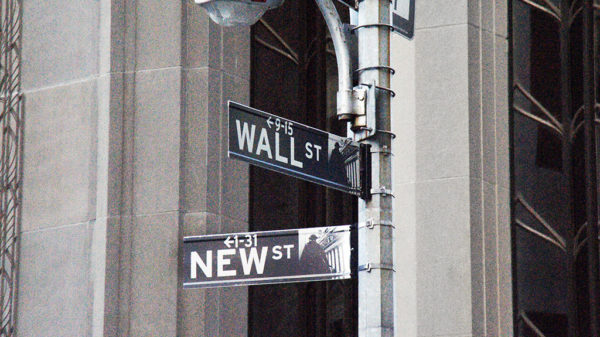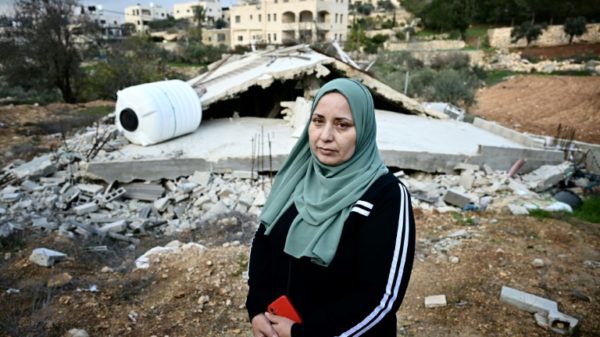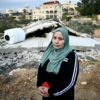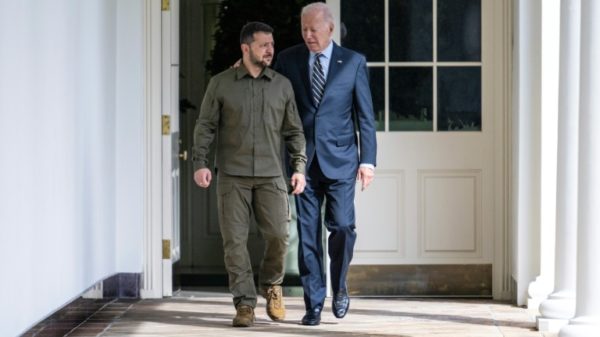UK Foreign Secretary David Cameron on Thursday stressed the importance of maintaining peace and stability in the Western Balkans, committing £45 million ($57 million) to shoring up security in the region.
During a visit to Kosovo, his first as the UK’s top diplomat, he met political leaders and visited British troops.
Speaking after talks with his Kosovar counterpart, Donika Gervalla-Schwarz, Cameron stressed “the importance of stability in the Western Balkans”.
“That is something Britain is investing in, with £45 million this year. It’s something that is very important for our national interest,” he told a press conference in Pristina.
Tensions have persisted between Kosovo and neighbouring Serbia since the wars of the 1990s that led to the breakup of the former Yugoslavia.
Kosovo declared independence from Serbia in 2008 but the latter has refused to recognise it and insists the breakaway province remains part of its territory.
Ethnic Serbs in Kosovo, who comprise about six percent of the population, remain largely loyal to Belgrade, especially in the north of Kosovo, where they constitute a majority and reject every move by Pristina to consolidate its control over the region.
“We live in a world of great insecurity and great instability, a world of great conflict,” Cameron said.
“So it’s a time where countries like Britain should be supporting our friends, working closely on our important alliances, and investing in areas that have been unstable but are now showing great signs of stability and progress.”
British troops have been stationed in Kosovo as part of the NATO-led KFOR peacekeeping mission since the wars of the 1990s.
They played a pivotal role in the NATO bombing of Yugoslavia in 1999.
The multinational KFOR force now comprises more than 4,000 soldiers.
The British contingent was increased from 400 to 600 in October in response to an armed incident in the Serb-majority north in late September that resulted in the death of an ethnic Albanian policeman and three Serbian members of an armed commando.
Cameron, a former UK prime minister, stressed the need for peaceful coexistence between Kosovo’s ethnic Albanian majority and its Serb minority, and held talks with Serbian Bishop Teodosije in the Gracanica monastery, a Serbian enclave near Pristina.
For the past decade, the European Union has been mediating in high-level talks between Kosovo and neighbouring Serbia aimed at lowering persistent tensions between the two.
Cameron said the UK was “a huge supporter of Kosovo’s independence, Kosovo’s sovereignty and Kosovo’s right to be recognised by others as a full sovereign country and a member of the family of nations”.

